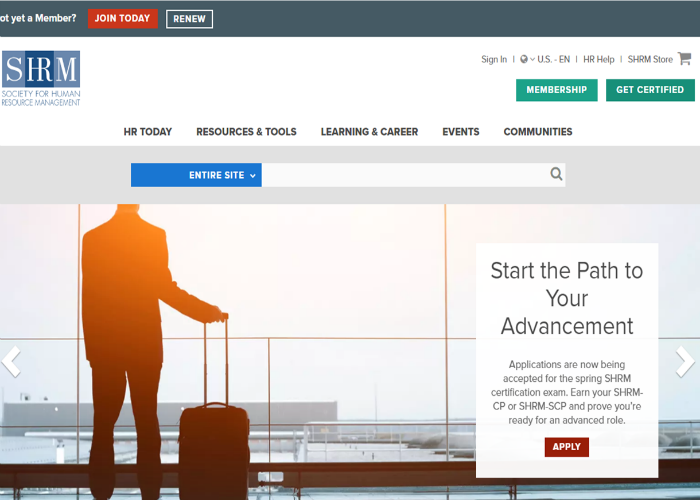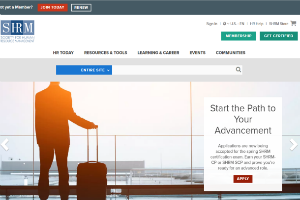
“There has also been a lot of spin about how long or short a resume should be. From my perspective as a recruiter, a resume should be as long as necessary. For example, a candidate with five years’ experience should not require a 3-page resume. Or, a candidate with 18 years’ experience should not be reduced to a 1-page resume. Length of resume depends entirely on each individual situation. There is no formula or rule etched in stone. If a recruiter is working with a Ph.D. candidate, then a resume may be 3, 4 or 5 pages, or even longer. So be it. If it’s relevant, promote it. If you’re pontificating, don’t.” — Tim Dermady, President, ExecutiveFit Recruitment
If you’ve been fretting over age-old questions such as resume length and other issues related to what hiring professionals actually look for in resumes and cover letters, then wonder no more.
A Career Masters Institute (CMI) survey has revealed the resume practices and preferences of more than 2,500 members of the Society of Human Resource Managers as well as at Fortune 500 companies known for favorable work environments.
Companies represented diverse industries and ranged from fewer than 100 employees (29%) to more than 5,000 employees (4%) in the following categories: business and professional services (23%), manufacturing (20%), finance, insurance and real estate (13%), non-profit (9%) and health services (6%). Below are responses that will help you shape more effective resumes and letters.
How long should a resume be?
- One page …20%
- Two pages …30%
- Depends on the level of the position …60%
- No preference …0%
Which resume format or style do you prefer?
- Traditional (“reverse chronological”) …40%
- Functional (“skills based”) …10%
- Some combination of the above …50%
- No preference …0%
How do you prefer to receive resumes?
- By mail … 10%
- By attachment as a Microsoft Word document to an email … 60%
- By text in the body of an email … 20%
- By fax … 10%
- No preference … 20%
Do you want a cover letter?
- Not necessarily … 20%
- Personalized cover letters only … 60%
- Form letters are acceptable … 20%
- No preference …10%
How many years of related background would you like to see on a resume?
- Zero to five years … 30%
- Six to ten years … 40%
- Eleven to twenty years … 10%
- More than twenty years … 20%
Should applicants explain gaps in employment or “job hopping”?
- Welcome valid explanations of employment gaps or job hopping … 74%
- Don’t trust explanations of employment gaps … 22%
- Unsure … 4%
What single item is most valuable in a resume?
- Verifiable accomplishments … 88%
- There is no single item that is most valuable …12%
Does proofing and format count?
- Managers who remove an application if they find typos or grammatical errors … 76%
- Managers who prefer reverse chronological resumes … 75%
- Managers who prefer white or off-white color paper … 83%
How long does your organization keep resumes on file?
- Zero to one month … 0%
- One to three months … 0%
- Three to six months … 30%
- More than six months … 70%
Does your organization use a scanning or database system to manage resumes?
- Yes … 50%
- No … 50%
What do you wish job seekers to do that they do not seem to be doing now?
Typical comments included:
“Send a cover letter telling me what they really want to do and follow up. Call me if they take another position and are no longer available.”
“I would like them all to be really definite about what they do and don’t want to do in their job/career. Don’t be wishy-washy! New grads are the worst offenders in this respect. If you want to start at the bottom and eventually work your way up in sales, marketing, finance, IT or any field, say so!”
“Research the company – know something about a company’s type of business.”
“Send detailed resumes, with dates and current information.”
Take a look at some of our sample resumes to see how we handle these age-old questions with our clients including a sales resume sample, a technology resume sample, an education resume sample, a human resources resume sample, a manufacturing executive resume sample, a regional pharmaceutical sales resume sample, and a career change resume sample.

